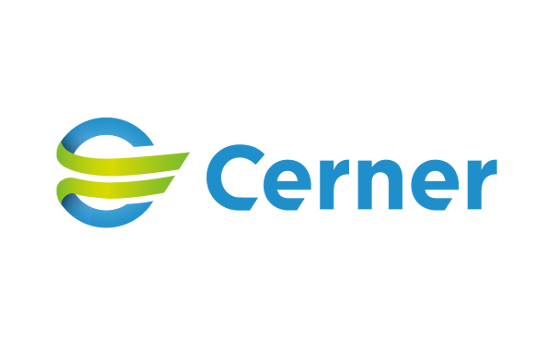 The HSE and eHealth Ireland are delighted to announce the arrival of Emily, one of Ireland’s first newborns to have their own electronic health record from birth. Weighing 7lb 5oz, Emily, daughter of Ellen Shine and Aidan Cotter from Cork, arrived in Cork University Maternity Hospital on Saturday 3rd December.
The HSE and eHealth Ireland are delighted to announce the arrival of Emily, one of Ireland’s first newborns to have their own electronic health record from birth. Weighing 7lb 5oz, Emily, daughter of Ellen Shine and Aidan Cotter from Cork, arrived in Cork University Maternity Hospital on Saturday 3rd December.
This marks the introduction of Ireland's Maternal & Newborn Clinical Management System which will see the implementation of an electronic health record (EHR) for all women and babies in maternity services in Ireland. This allows the clinical record information to be shared with relevant providers of care, as and when required. Welcoming the systems 'go live' Minister for Health Simon Harris T.D. said: "The introduction of an electronic health record for mothers and babies in Cork this weekend marks a very significant advance in our national journey towards a digital health system.
It is also a sign of our commitment to improve maternity services and to implement the National Maternity Strategy. Additional investment funding provided for maternity services in recent years has supported the development of the new system, which the Strategy recommended should be implemented as a priority.
I compliment the clinicians, local management and the eHealth Ireland team involved and I look forward to the further roll-out of electronic records for all patients in the immediate years ahead. This will support better, safer clinical decision-making and a more connected health service delivering improved health outcomes. For our patients to be empowered and to experience a patient centred service then the health system will need to weave a digital fabric that supports health and wellbeing and improves the quality and safety of care as well as provision of integrated care."
While the system went live in Cork Maternity Hospital Saturday, plans are in place to roll out the system across the country with the next implementation due to take place University Hospital Kerry followed by The Rotunda Hospital and the National Maternity Hospital.
The introduction of this new system in Ireland also marks the introduction of the first national electronic patient chart for maternity anywhere in the world. This means that every maternity hospital in one country will be using the same electronic chart with standardisation of the information flow and collection with very obvious advantages for the patient and carers.
Professor Richard Greene, Consultant Obstetrician, Cork University Maternity Hospital and MN-CMS Joint National Clinical Lead for Obstetrics, said "This new clinical management system means that patients will have an electronic record instead of a paper record, which will enhance patient care. The system includes maternity early warning scores (iMEWS) and a sepsis early warning scoring system, eprescribing and order communication tools for mother and baby patient care. Neonatal ICU has its first digital support solution to capturing of key information. This 'go live' is a result of the dedication and teamwork of many staff within maternity services nationally."
Mr Richard Corbridge, HSE's Chief Information Officer and Chief Officer of eHealth Ireland said: "All babies from birth will now have their own digital health record. The MN-CMS is one of the strategic programmes within eHealth Ireland and its implementation will help to build a better healthcare service for mothers and babies."
The HSE has a contract with Cerner to deliver the Maternal & Newborn Clinical Management System (MN-CMS) which will then be rolled out to all 19 maternity units over a three year period. The implementation of MN-CMS will be the first instance of any Electronic Health Record (EHR) system on a shared record basis in the Irish healthcare system.
The system has been specifically tailored for the Irish healthcare system with clinicians completing a full clinical validation of the design and build of the MN-CMS.
The record of both mother and baby can now be shared where appropriate throughout the maternity care pathway. Matthew Pickett, General Manager, Cerner Ireland said: "Cerner is proud to be partnered with the HSE in the creation of this new system which has been designed and built with extensive Irish clinical input, and specific to the needs of Ireland's population and clinical community. This first implementation in Cork is an exciting step toward a national digitised health care system."
About Cerner Limited
Cerner's health information technologies connect people, information, and systems, at approximately 20,000 facilities worldwide. Recognised for innovation, Cerner solutions assist NHS Trusts and clinicians in making and documenting care decisions and enable organisations to manage the health of populations. The company provides clients with a wide range of in-house services, as well as an integrated clinical system to help organisations manage quality, outcomes and revenue.
Cerner's mission is to contribute to the systemic improvement of health care delivery and the health of communities. Nasdaq: CERN.